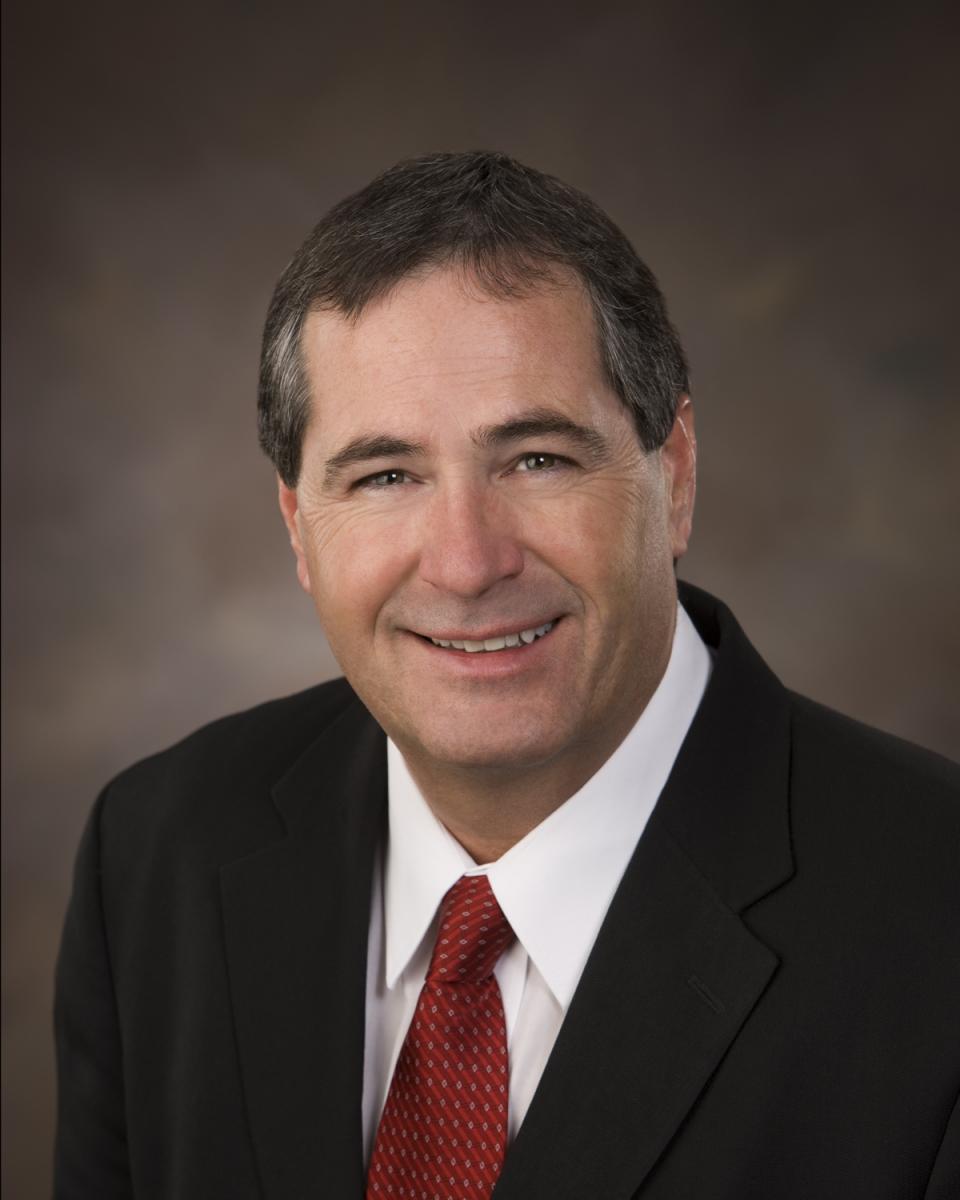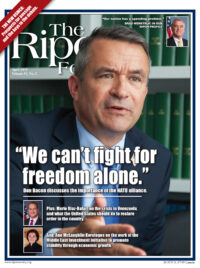
Is trade essential?
Consider that 95 percent of the world’s population exists outside of U.S. borders, 80 percent of the buying power is outside our borders, and 92 percent of the middle-class growth slated to happen in the next three decades is going to be outside of our borders.
Trade is essential for U.S. agriculture. Our farmers have been experiencing crop prices that reflect the early 1990s, but are also facing expenses for land rent, seed, and fertilizer that reflect the height of commodity prices of 2012 and 2013. Farmers, ranchers, and manufacturers depend on trade to drive our economy, supporting jobs through goods, services, and processing in our communities and country. We are hopeful that trade disputes can be resolved in the very near future.
There is support from many agriculture producers to deal with the bullies and bad actors like China. Our farmers and ranchers have been subjected to technical trade barriers, which are almost as bad as the tariffs that China is imposing on us now. Farmers may not like the tariffs that China is imposing on our commodities, but they also don’t like China dragging out the process for approving registrations for years at a time, just to deny an imported commodity access because it lacks that approval. That is disingenuous and arbitrary.
Farmers may not like the tariffs that China is imposing on our commodities, but they don’t like China dragging out the process for approving registrations for years at a time.
We’ve also experienced the same behavior with sanitary and phytosanitary rules. Products are rejected under false claims about the grade or quality, and our small companies lose shipments or incur more expense moving containers to another country.
Another issue is stealing or forcing the transfer of technology. We in the ag community have paid for much of the research and development through tech fees, royalties, and increased costs in biotech traits, precision equipment, and new formulations of plant food and plant protection products. We as farmers paid for it; now it’s being used to drive down prices even more in the global market because they either don’t pay the same price for access to that technology, or they don’t pay for it at all.
More concerns are present with the lack of understanding and grandstanding by politicians who use labor and social issues to oppose multilateral trade deals and undermine our economy. The Trans-Pacific Partnership (TPP) wasn’t supported by Congress, but this multilateral trade deal would have strengthened our position in the Asia-Pacific region and would have given us more leverage with China. Countries are willing to work for multilateral trade deals so we’re all playing by the same rules. If we have another opportunity in the future, we should take advantage of it.
The TPP wasn’t supported by Congress, but this multilateral trade deal would have strengthened our position in the Asia-Pacific region and would have given us more leverage with China.
The United States-Mexico-Canada Agreement (USMCA) may not be perfect, but we are better off if it’s implemented. The USMCA addressed some issues around the grain grading system; milk classifications, which prevented our dairy producers and processors access to the Canadian market; and geographical indicators, which barred our spirits and wine from having a place on the shelf in Canadian stores.
What’s important, though, is ratification of USMCA. If Congress doesn’t ratify the agreement, potential partners like Japan, Great Britain, and the EU will not want to put the time or effort into similar deals.
It is imperative that USMCA is ratified by Congress for the sake of American jobs and the health and welfare of our U.S. economy.
Doug Goehring serves as Agriculture Commissioner of North Dakota, a position he has held since 2009.




